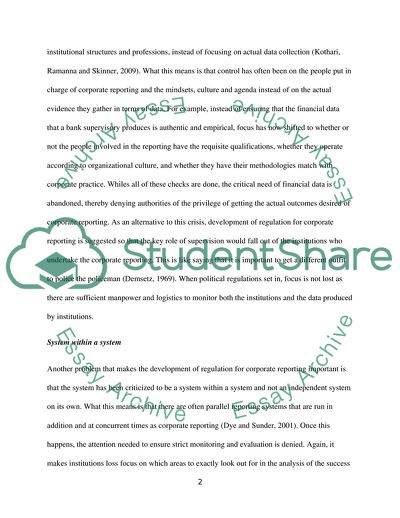Cite this document
(Corporate Reporting essay (Breakavia) Example | Topics and Well Written Essays - 2000 words, n.d.)
Corporate Reporting essay (Breakavia) Example | Topics and Well Written Essays - 2000 words. https://studentshare.org/finance-accounting/1795776-corporate-reporting-essay-breakavia
Corporate Reporting essay (Breakavia) Example | Topics and Well Written Essays - 2000 words. https://studentshare.org/finance-accounting/1795776-corporate-reporting-essay-breakavia
(Corporate Reporting Essay (Breakavia) Example | Topics and Well Written Essays - 2000 Words)
Corporate Reporting Essay (Breakavia) Example | Topics and Well Written Essays - 2000 Words. https://studentshare.org/finance-accounting/1795776-corporate-reporting-essay-breakavia.
Corporate Reporting Essay (Breakavia) Example | Topics and Well Written Essays - 2000 Words. https://studentshare.org/finance-accounting/1795776-corporate-reporting-essay-breakavia.
“Corporate Reporting Essay (Breakavia) Example | Topics and Well Written Essays - 2000 Words”. https://studentshare.org/finance-accounting/1795776-corporate-reporting-essay-breakavia.


